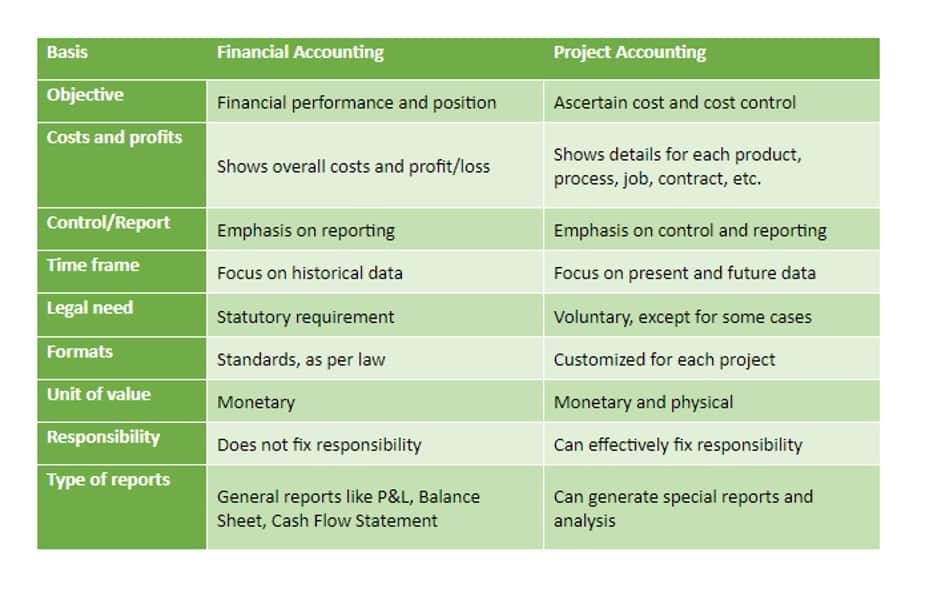Journal Entry for Selling Rental Property

Modern real estate accounting relies heavily on specialized software systems Insurance Accounting that streamline financial management processes. These technological solutions have transformed how property investors and managers handle their accounting needs. Advanced software platforms integrate various aspects of property management, from rent collection to expense tracking, providing real-time financial insights and simplifying tax preparation. The gain or loss on your property sale will typically be reported and taxed differently than the proceeds from the ongoing operation of your rental business. You will use the gain or loss from the sale of your property assets, any recaptured depreciation, and selling expenses to calculate any capital gains taxes owed. The sale of rental property is typically reported on IRS Form 4707 or Form 8949 in conjunction with the Schedule D.
Journal Entry for Accrued Property Taxes – Simple Example

Property investors must evaluate factors such as the size of their portfolio, complexity of operations, and reporting requirements when selecting accounting solutions. Integration capabilities with banking systems and property management platforms play crucial roles in system selection and implementation. Every rental property and sale are different, so before you record a journal entry for the sale of your property, review these factors and see which ones apply to your situation. Sandra Habiger is a Chartered Professional Accountant with a Bachelor’s Degree in Business Administration from the University of Washington. Sandra’s areas of focus include advising real estate agents, brokers, and investors. She supports small businesses in growing to their first six figures and beyond.
Personal Property Not Qualified for Like-Kind Exchange
The Commercial Companies Law made it mandatory that all businesses must maintain an original copy of all correspondences, letters and invoices issued or received. The value of the property is typically appraised by a qualified professional, and the resulting appraisal report is used to determine the property’s value on the balance sheet. Real estate can appreciate in value over time, so it can be a good long-term investment for the company.
- While many use the terms bookkeeping and accounting interchangeably, bookkeeping refers to a narrower subset of financial activities within a given business.
- In the journal entry above, John is debiting cash for $10,000, representing he received $10,000 cash in this transaction.
- It is also one of the more important – calculating your basis in a new property is the starting point for all future depreciation, capital gains, or 1031 exchanges.
- The implementation of proper accounting systems requires careful consideration of specific needs and capabilities.
- There may be mortgages or even gains or losses in the value of the property, but we’ll address them in scenarios 2 and 3 below.
- Since these are your financial records though, your understanding is still important.
Step 3: Journal Entry When the Property Tax is Paid
The symphony of soaring towers and bustling streetscapes rests on a foundation of meticulous calculations and financial agility. To orchestrate the intricate transactions and subtle nuances that make the real estate market sing, real estate accounting steps into the spotlight. Whether you’re a seasoned investor navigating multi-million dollar deals or a budding homeowner meticulously managing your first rental, understanding the intricacies of real estate accounting is your key to harmonious financial success.
Annual Filing of LLP For Financial Year 2024-25
- Within the real estate industry, these five elements can separate fiscally responsible agents from those who rely on disorganized or outdated records in their accounts.
- Let’s use the same example as above, except John is selling the property for $20,000.
- Typically, ledger categories include assets, liabilities, owner’s equity, revenue and expenses.
- At closing you’ll receive credit for any earnest money deposit that you made for the purchase.
Any of these documents will contain the information that you need to prepare a closing journal entry. Due to the differences in the forms though, as well as differences between each real estate transaction, correctly recognizing and What is bookkeeping categorizing information requires both good understanding and attention to detail. The field of real estate accounting continues to evolve with changing regulations, technological advances, and market conditions.
Optionally attach an electronic version of the closing disclosure and save the transaction

Whether it be a laptop for your home office or a generator for a hospital, it’s an asset in our journals, and it sits on our balance sheet until we need to sell it. The IFRIC concluded that developers cannot capitalize borrowing cost because what they produce are not “qualifying assets”. In long-term projects, revenue to be reported for a given period is computed based on the percentage of completion of the works required, which in turn is computed based on costs incurred. Essentially, this means that revenues recognized will be less if certain costs are excluded from POC computation. This journal entry debits the Accrued Property Taxes Liability account for $1,200, as the liability is now settled. Let’s make sense of accrued property taxes with a common example in the business world.
- Many real estate businesses must remember to include these numbers in their real estate accounting procedures.
- A real estate account takes responsibility for the financial aspects of the buying, selling, leasing, and renting of real estate properties.
- Under either model, payment can be in either cash, or installment under various schemes depending on buyer preference.
- These technological solutions have transformed how property investors and managers handle their accounting needs.
- This means that their accumulated depreciation and remaining basis will need to be tracked as a separate asset, unlike the capitalized property costs which became part of the cost basis of the property.
- The symphony of soaring towers and bustling streetscapes rests on a foundation of meticulous calculations and financial agility.

A real estate account takes responsibility for the financial aspects of the buying, selling, leasing, and real estate accounting entries renting of real estate properties. Also known as property accountants, this position also plays an important role for preparing documents for tax season. Ask the owners of many real estate companies, and they might answer with an empathetic ‘yes.’ But if you invest a small amount of time into learning the fundamentals of accounting practices and organization, you can easily reap major rewards. Schedule a monthly meeting to review your incoming cash and outgoing expenses. If the numbers are off track, this regularity allows you to pivot and track down errors in your accounts without huge time lags.

Leave a Reply